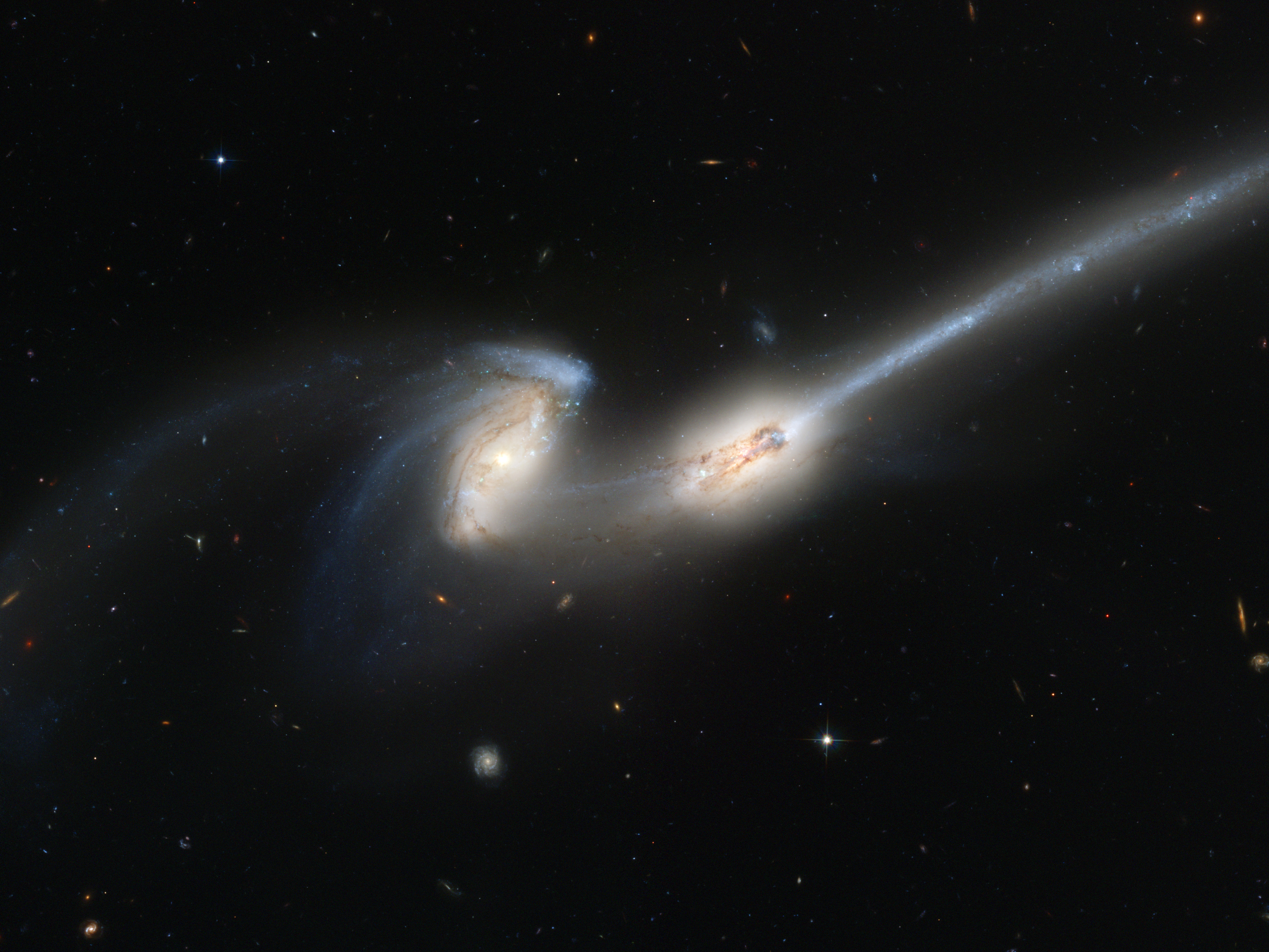Quiz 2#
Physics 141/241: Computational Physics I
Instructor: Javier Duarte
Spring 2023
Due date: Monday, April 24, 2023 8pm
Total points: 10
Submission Instructions#
Please submit your quiz as a single
.pdffile to Gradescope under Quiz 2.For instructions specifically pertaining to the Gradescope submission process, see https://www.gradescope.com/get_started#student-submission.
Problem 1 (141/241) [10 points]#
In lecture 8, we showed that starting from the distribution function
we could integrate over the velocity components \(\rho = \int d^3v f\) to derive the relation \(\rho = c_p(-\Phi)^5\).
From the last line of slide 8, we saw that the constant \(c_p\) is given by the integral
Evaluate this integral to derive \(c_p = 2^{5/2}\pi^2 F\frac{7!!}{10!!}\), where \(!!\) denotes the double factorial (not to be confused with the factorial function iterated twice).
Hint: Use the trigonometric identity \(\sin^2\theta + \cos^2\theta = 1\) and \(\int_0^{\pi/2}\sin^{2m}\theta d\theta = \frac{\pi}{2}\frac{(2m-1)!!}{(2m)!!}\).
